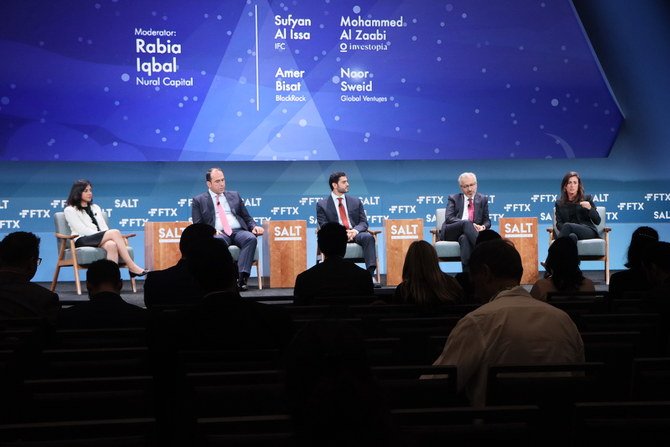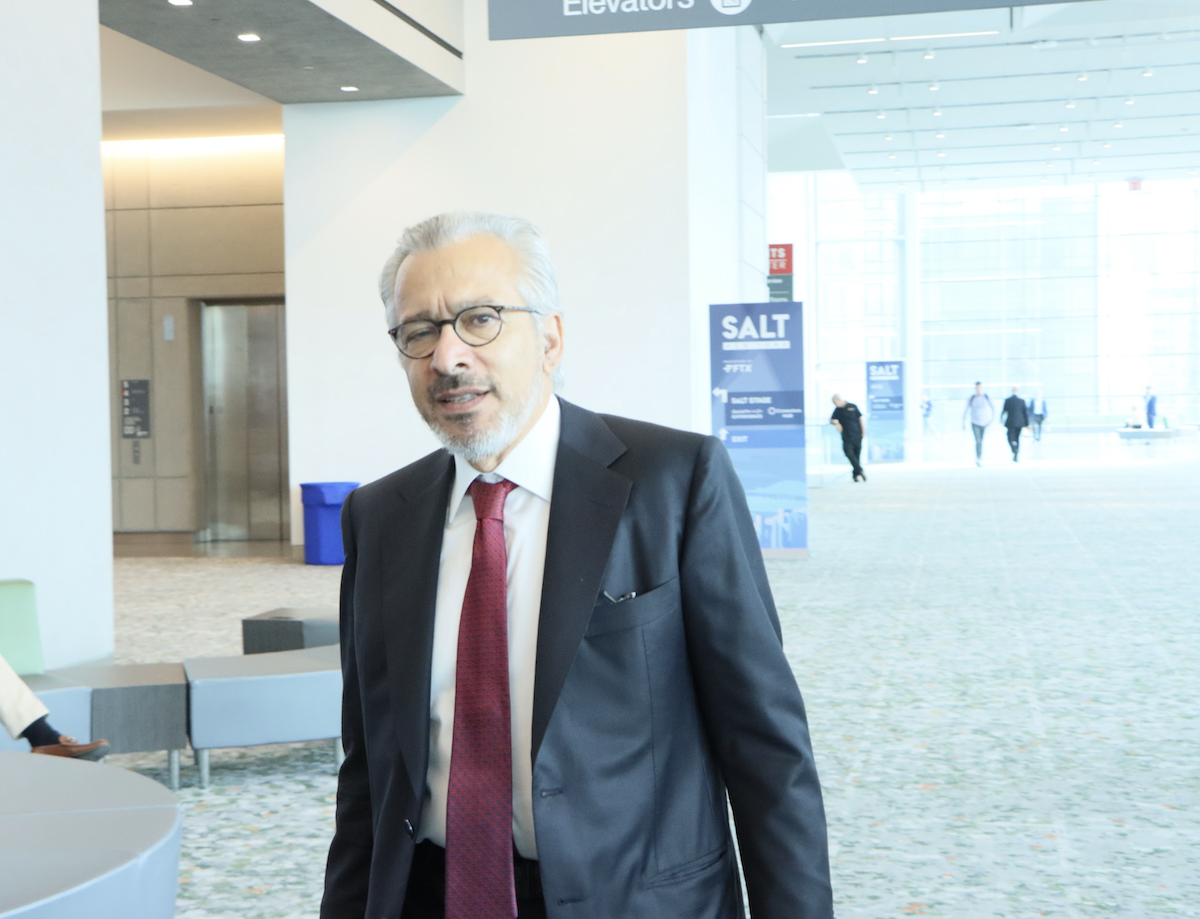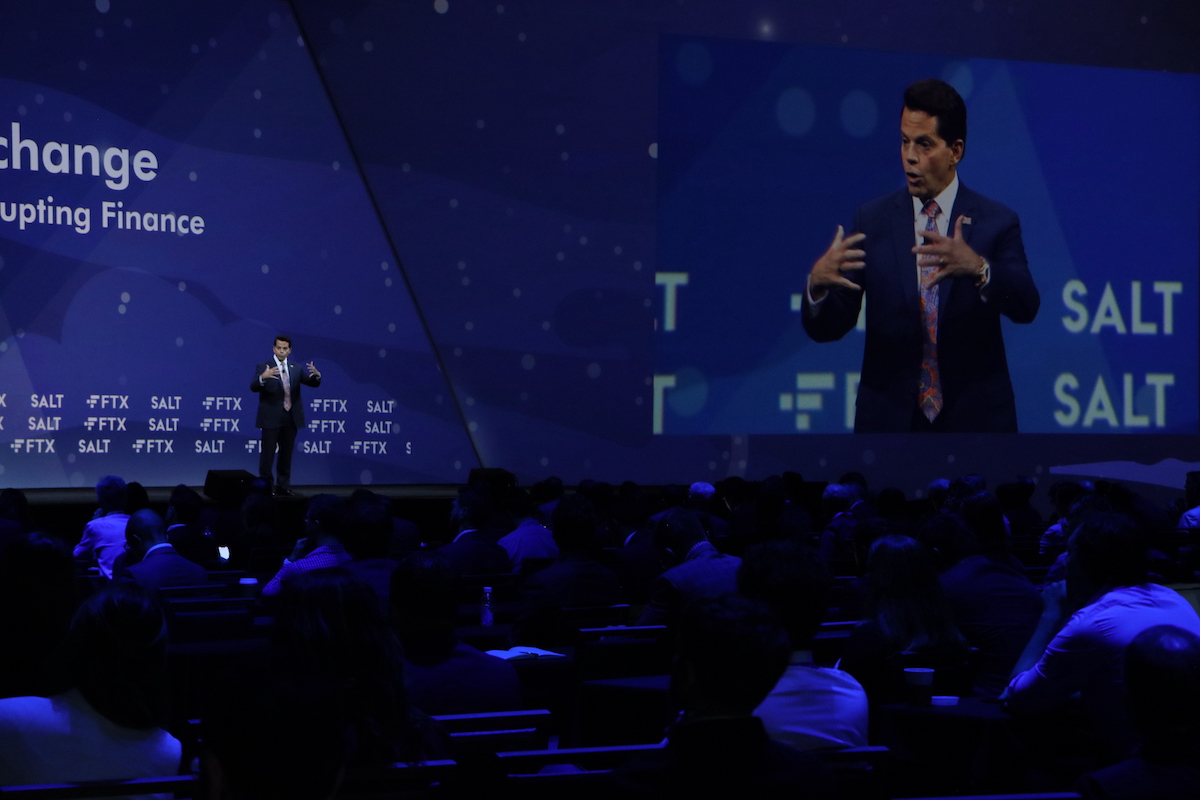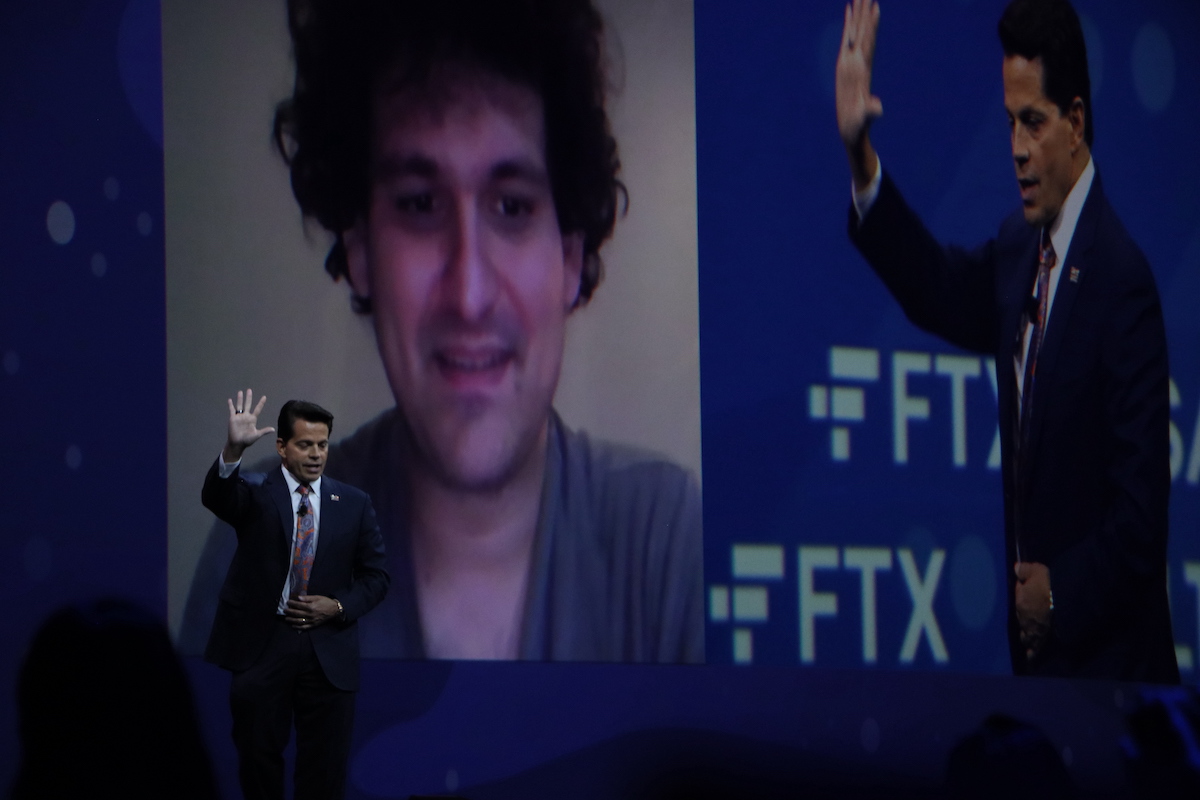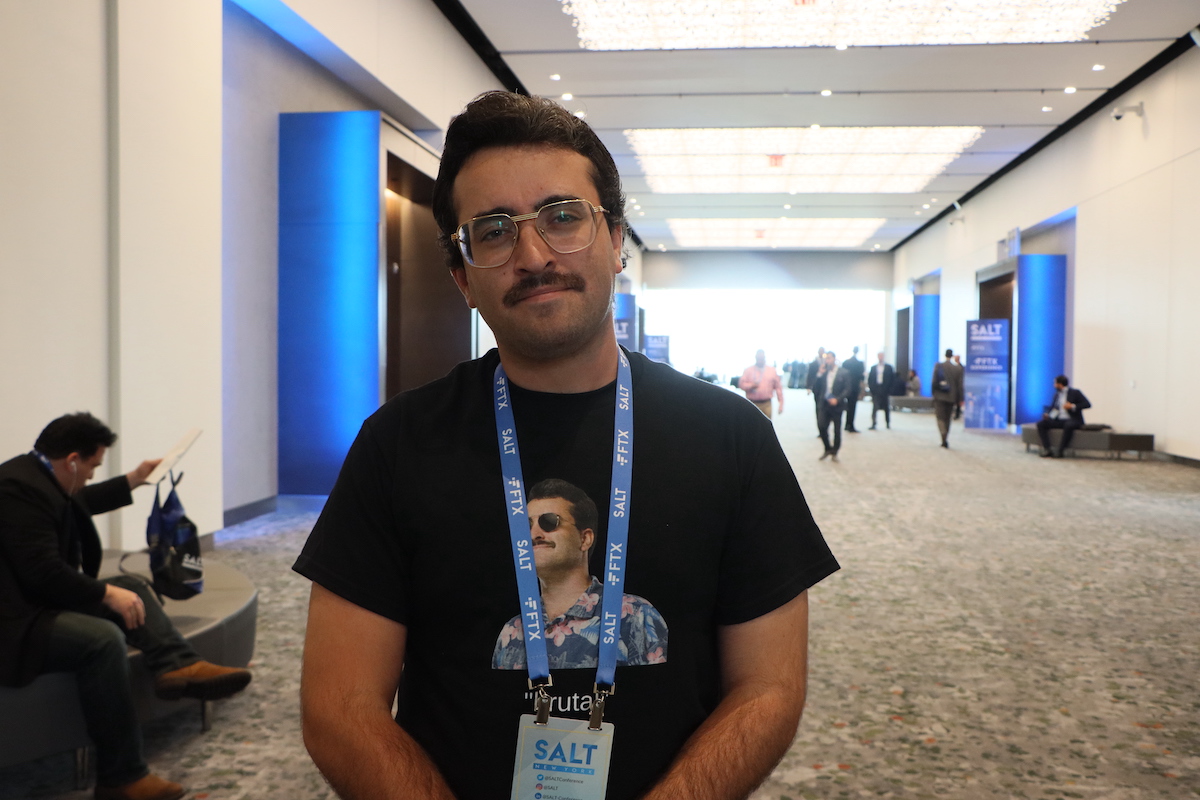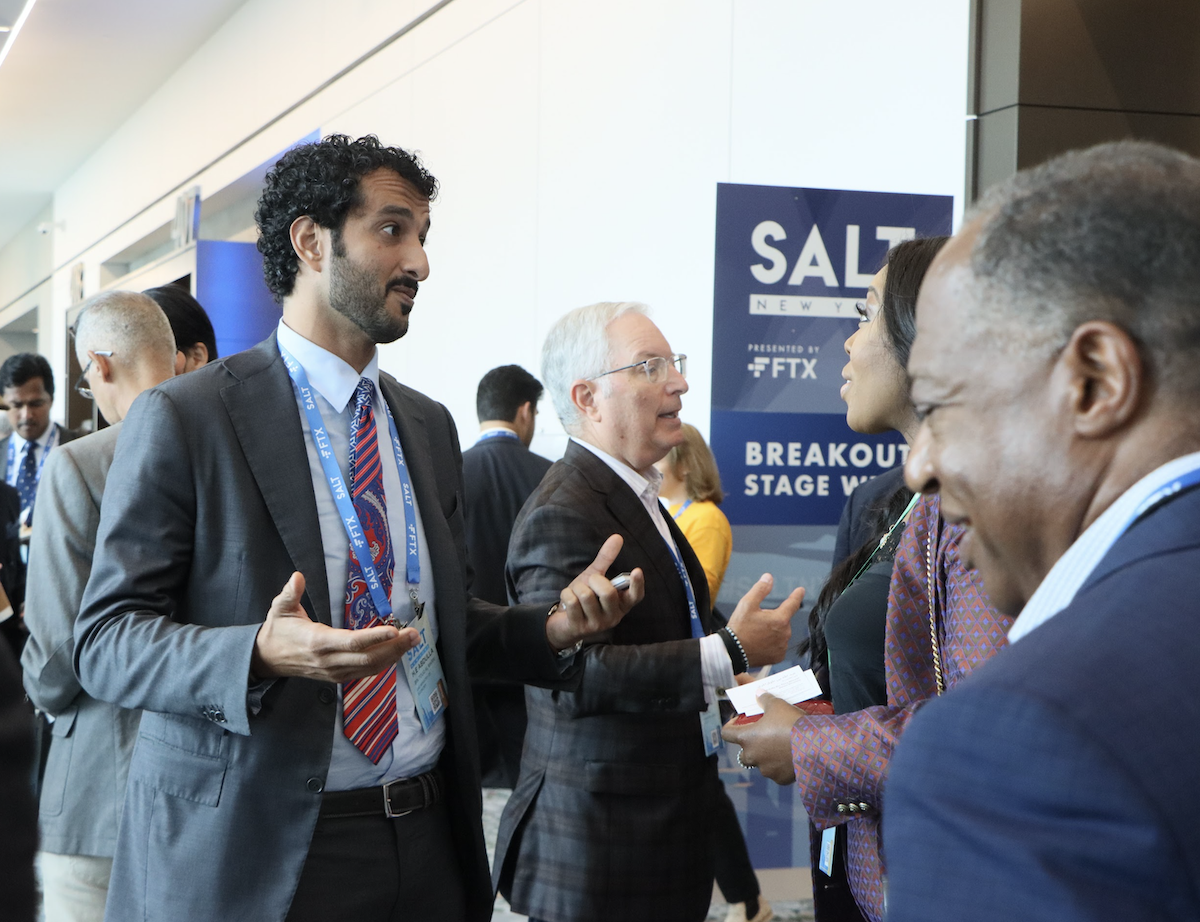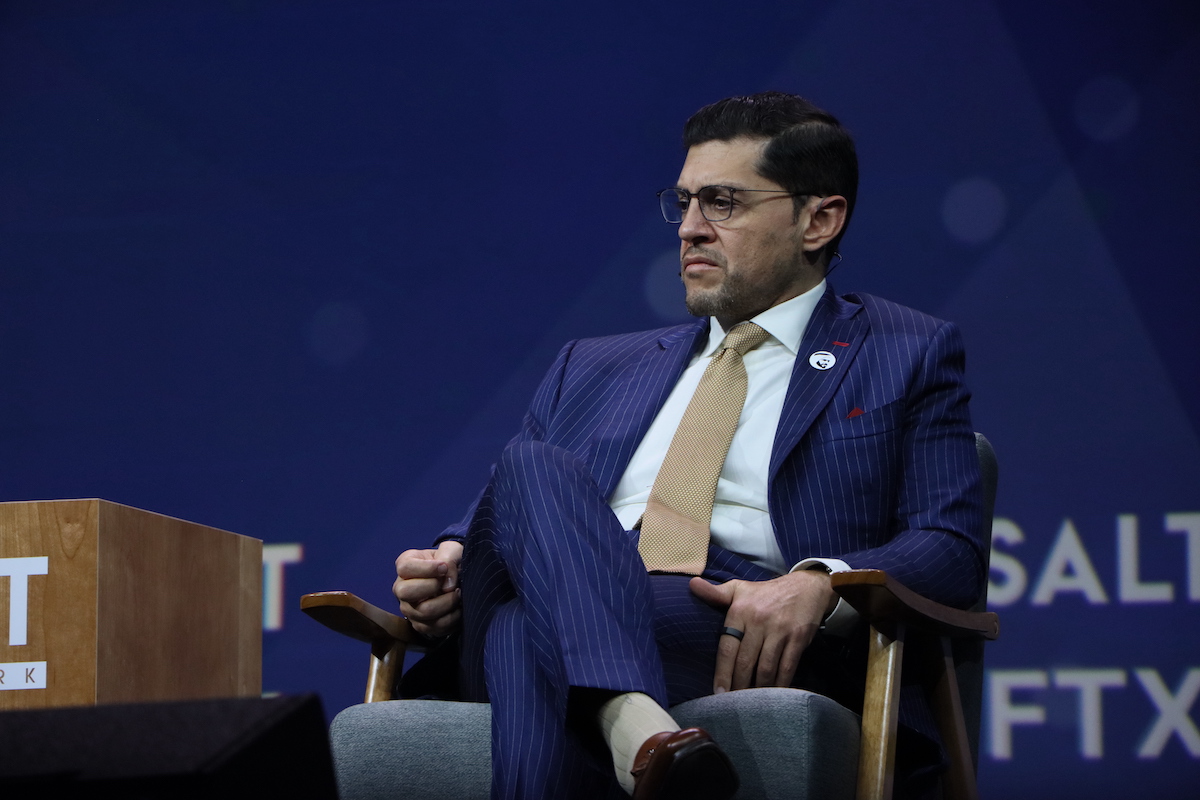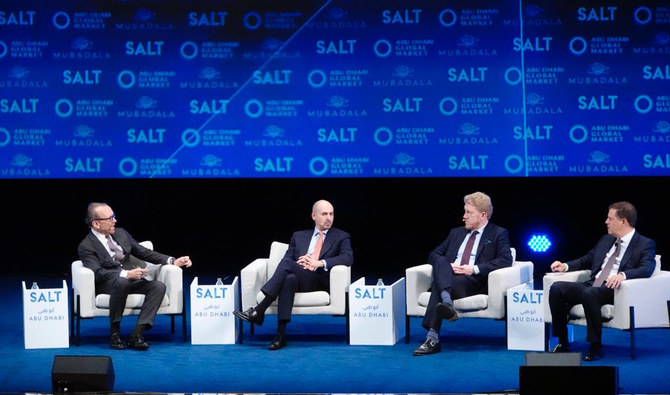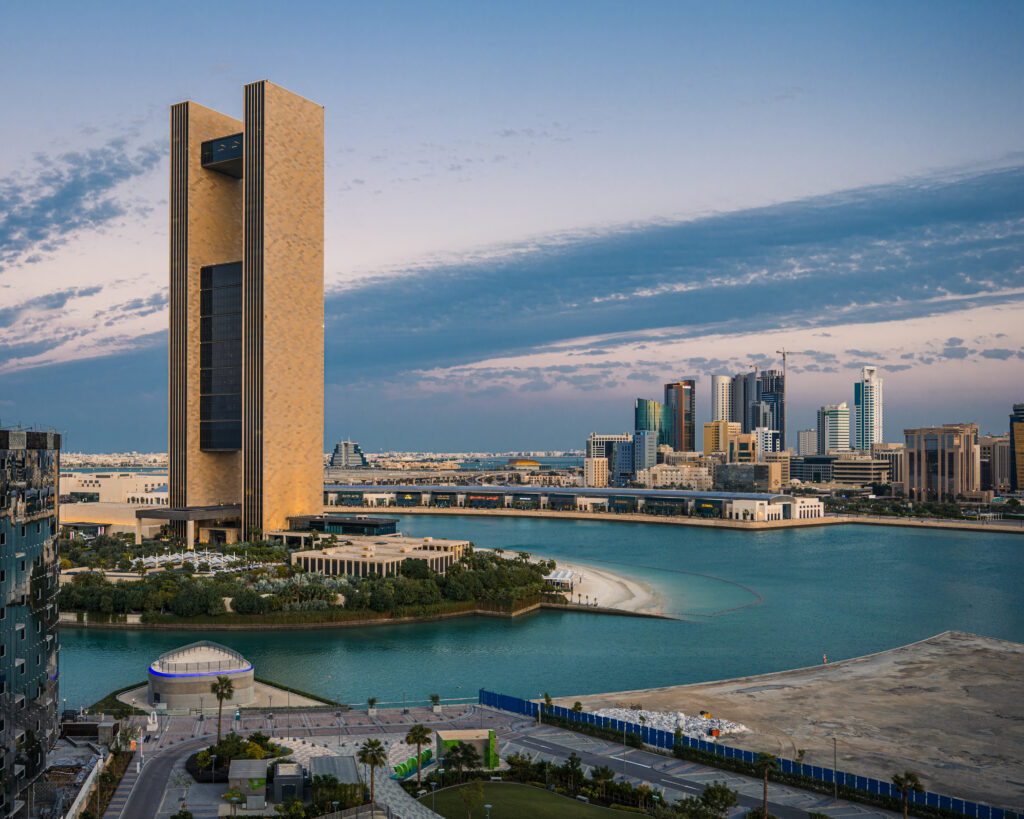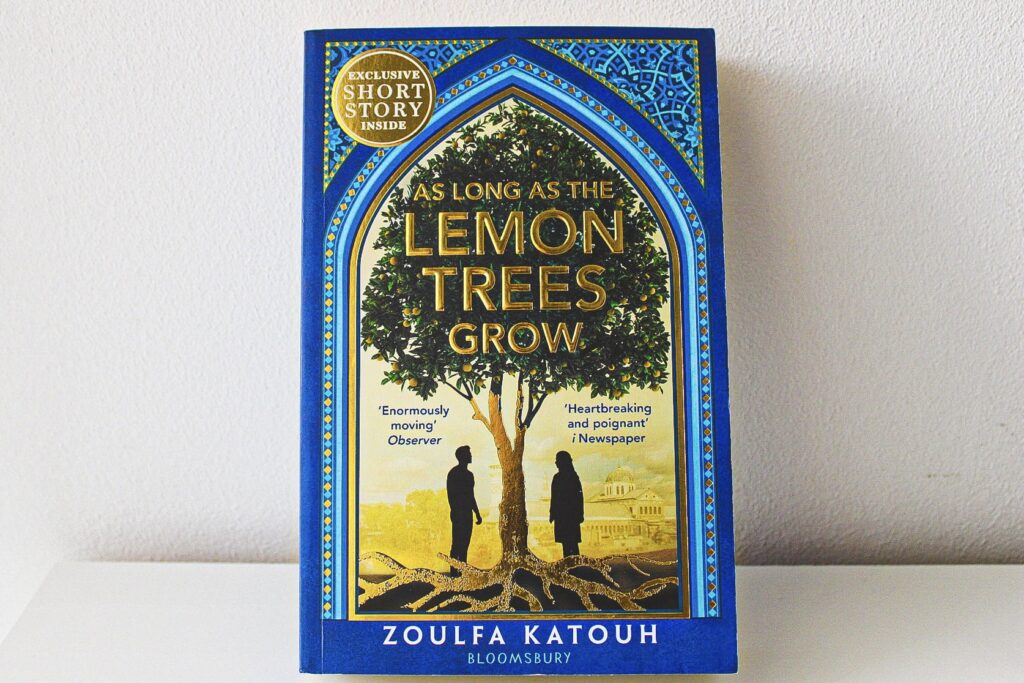Peter Harrison
NEW YORK CITY: The Arab Gulf states are well equipped to ride out the global economic storm because they have embraced diversification by stepping away from oil dependency and exploring alternative revenue drivers, according to experts attending this week’s SALT New York fintech conference.
Speaking to Arab News on the sidelines of the event on Monday, Noor Sweid, managing partner at international venture capital firm Global Ventures, said the key to surviving and thriving in the current economic climate is to diversify.
“Diversification is always the key,” said Sweid. “They are diversifying very well in the Gulf. The governments have been for many years trying to diversify away from oil economies, and that is really translating now.”
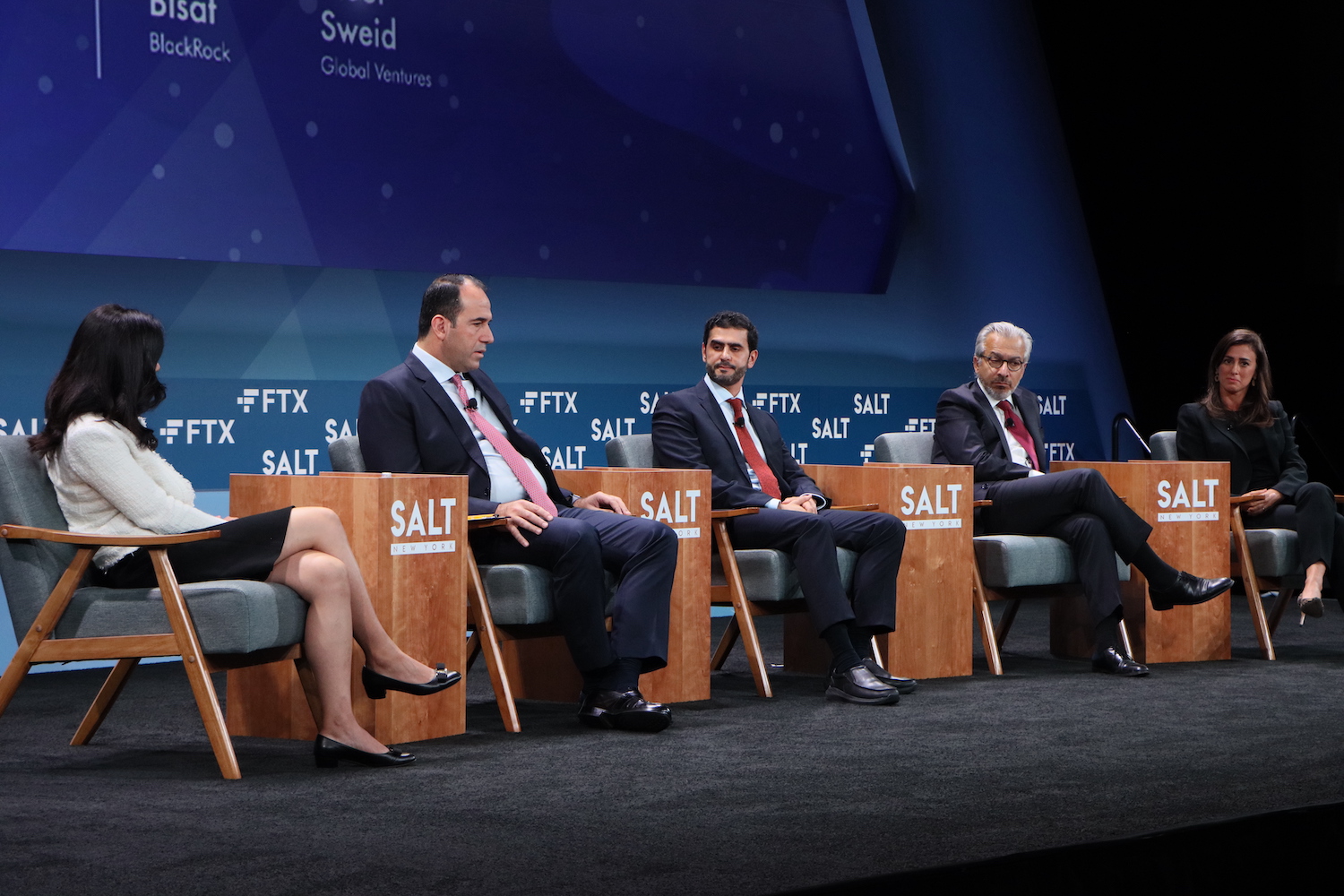
Pointing to the Saudi agritech firm Red Sea Farms, Sweid said the company is flourishing, having launched in Saudi Arabia before expanding globally to address the challenges of energy management, food security, and climate change through vertical farming technology.
“They have managed to find a way to reduce the amount of power required to desalinate the water required for the purposes of vertical farming by about 90 percent,” she said.

Established at the King Abdullah University of Science and Technology in Thuwal, Red Sea Farms is working to reduce the carbon and water footprint of the food sector by designing, developing and delivering sustainable agriculture technologies for harsh environments.
Sweid believes the wider Gulf region has huge potential in the domain of tech innovation owing to its “very young demographic across the region working very hard to solve problems using mass technology,” including drone deliveries, digital health, and energy management.
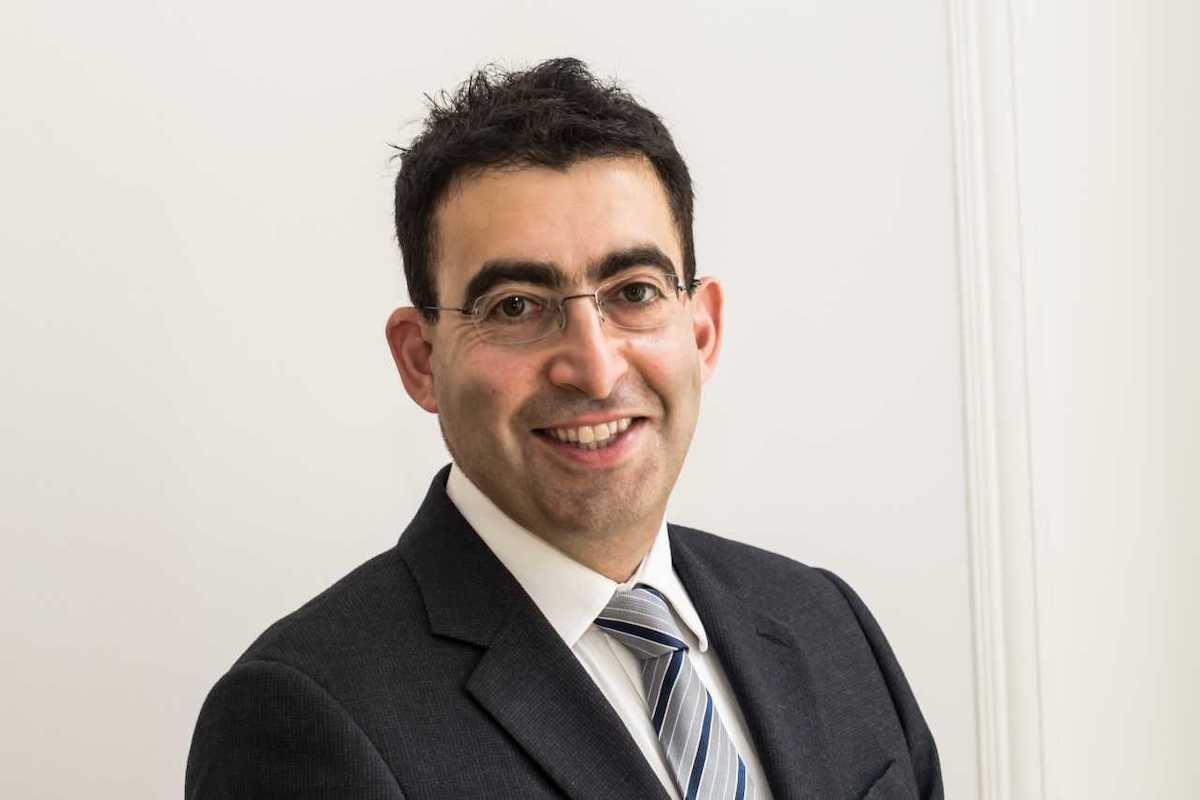
She was not alone in highlighting the benefits of a youthful population. “Saudi Arabia has some really good fundamentals with a young population that has growing income and greater diversity,” Michael Stirling, CEO and chairman of Stirling Infrastructure’s investment board, told Arab News.
“Saudi Arabia is a country that is attracting progressively greater international attention.”



